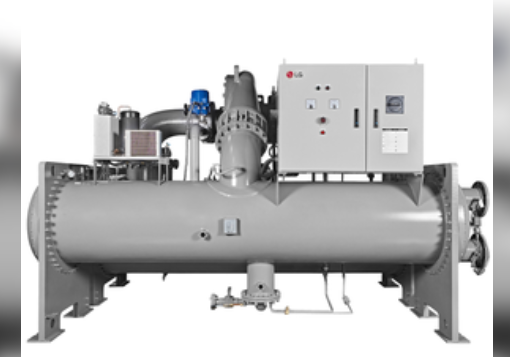Business
South Korea to boost export of cooling equipment for data centres amid AI boom

Seoul, Dec 2
South Korea's industry minister said on Monday that the country plans to foster cooling equipment for data centres as one of its new export engines amid the growing demand for infrastructure to support the artificial intelligence (AI) boom.
Industry Minister Ahn Duk-geun made the remark during his visit to LG Electronics Inc.'s chiller production line in Pyeongtaek, some 60 kilometers south of Seoul, according to the Ministry of Trade, Industry and Energy.
Chillers refer to equipment used in data centres to prevent overheating by circulating water through pipes, reports Yonhap news agency.
"Amid the growing popularity of generative AI platforms, including ChatGPT, energy consumption by data centres has risen sharply," LG Electronics said in a statement, noting that chillers have also emerged as their key infrastructure.
During the visit, Ahn noted that while South Korea maintained growth in outbound shipments for 14 straight months through November, the country needs to foster new export engines to sustain the momentum, citing AI-related products.
"Data centres are key infrastructure for the AI industry, and the ministry has been supporting AI chips, electronic equipment and cooling systems as next-generation export engines," Ahn added.
The minister also stated that the government will provide 350 billion won (US$250 million) in trade insurance for exports of such cooling equipment, in addition to offering other necessary support, including finding new buyers.
South Korea's exports of cooling equipment, including those for data centers, are anticipated to reach $2.6 billion in 2024, up from $2.4 billion in 2023, the ministry said. Over the January-October period this year, the amount totalled $2.2 billion.
Meanwhile, South Korea's exports extended on-year gains to the 14th straight month in November, on the back of the strong performance of chips.
Outbound shipments rose 1.4 per cent from a year earlier to $56.3 billion last month, according to the data compiled by the Ministry of Trade, Industry and Energy.



































